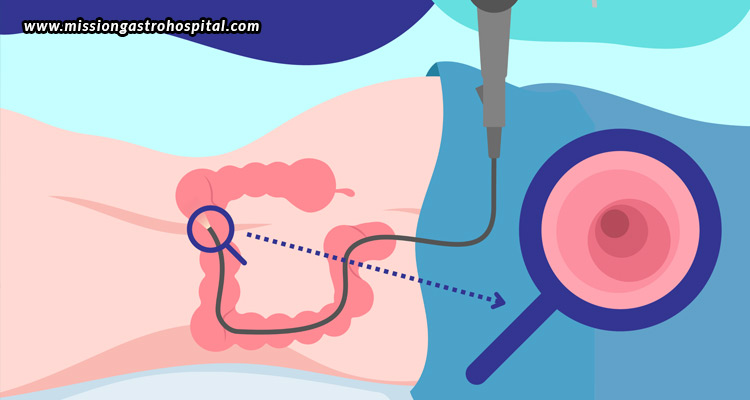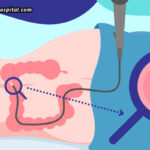Colonoscopy is one of the most effective techniques in modern medicine for detecting and preventing colorectal cancer. However, despite its proven worth and benefits, many people delay or avoid the procedure due to common misconceptions and unnecessary fears. Misinformation can create anxiety and deter individuals from taking an important step toward safeguarding their health. In this blog, we strive to eliminate all such fears and dispel the most pervasive myths around colonoscopy. We hope to bring clarity and promote well-informed decision-making for improved health by separating fact from fiction.
Myth: Colonoscopy is painful
Fact: Colonoscopy is not painful
Patients are sedated or anesthetized prior to the treatment, guaranteeing their comfort during the entire procedure. Hence, you won’t experience any discomfort during the procedure, but yes, you might feel a little gassy or bloated after the surgery because of the air that was inserted. In fact, some patients are amazed as to how simple and easy the procedure is, and some even claim that they don’t remember anything about the procedure at all because of the sedatives.
Myth: Only older adults may need a colonoscopy
Fact: Colonoscopy isn’t just for older adults
According to current guidelines, routine screening for average-risk individuals should begin around age 45. However, screening may need to start earlier for people with inflammatory bowel disease (IBD), colorectal cancer, or other risk factors. In fact, since the incidence of colorectal cancer in younger persons has increased recently, early detection and awareness are become more essential than ever before.
Myth: Colonoscopy is only for cancer detection
Fact: Colonoscopy serves multiple purposes beyond detecting cancer
Beyond detecting cancer, colonoscopy can monitor inflammatory bowel disorders like Crohn’s disease or ulcerative colitis, detect and remove polyps (precancerous growths), and assess unexplained gastrointestinal symptoms including anemia, chronic diarrhea, or rectal bleeding. Colonoscopy can avoid major troubles later on by detecting problems early.
Myth: Preparation for colonoscopy is a nightmare
Fact: Preparation is unpleasant, but manageable with the right approach
Frequent toilet visits are required during the bowel preparation prior to the procedure, which may include swallowing a laxative solution to clear your colon. However, modern solutions are much easier than those of the past, and the process can be facilitated by chilling the solution, using a straw, and dividing the dose. Although many claim that the preparation was the most unpleasant aspect, the advantages outweigh the short-term discomfort.
Myth: Colonoscopy is risky and complicated
Fact: Colonoscopy is a safe procedure
When performed by qualified experts, like the best colonoscopy doctors in Ahmedabad at Mission Gastro Hospital, the risks of the procedure are minimal. Less than 1 in 1000 surgeries result in serious consequences like bleeding or intestinal perforation. Most colonoscopies are performed smoothly, and without any problems, and recovery time is usually brief. Majority of patients return to their regular activities within a day’s time.
Myth: If you have no symptoms, you don’t need a colonoscopy
Fact: Colorectal cancer often develops without symptoms
It may take longer for symptoms like pain, bleeding, or weight loss to manifest. Routine screening is crucial because it enables medical professionals to identify issues early on, when they are most curable or perhaps avoidable. Peace of mind and the opportunity to identify issues early are provided by a clean bill of health following your colonoscopy.
Myth: One life, one colonoscopy
Fact: Colonoscopy may be needed again in life
Your next colonoscopy is typically advised ten years later if your results are normal and your risk is average. However, your doctor might suggest more frequent tests (every three to five years) if polyps are discovered or if you have higher risk factors. Sticking to follow-up instructions is thus essential for long-term better health.
Colonoscopy is one of the most effective methods for controlling digestive health and preventing colorectal cancer. Unfortunately, patients may be discouraged from having this life-saving surgery because of misconceptions and myths. We hope this blog has allayed your worries and inspired you to put your health first by separating the facts from myths. So, worry not, and schedule your appointment with a healthcare practitioner to see how you can go about your rectal health, and whether or not you might require a colonoscopy.








